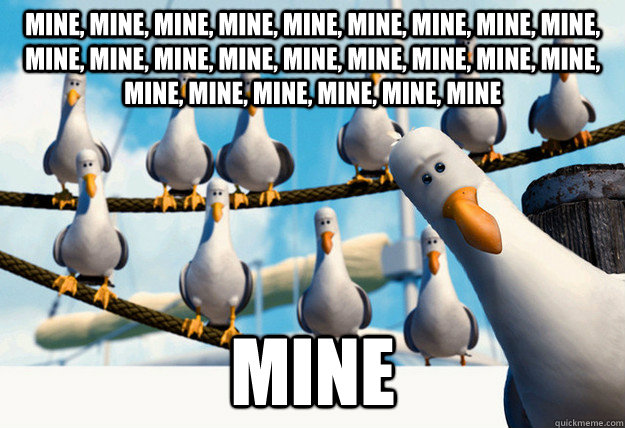Schools. Koronivuli. In the United States, we are used to elementary schools, middle schools and high schools. In Fiji, there are primary schools and secondary schools; many times the secondary schools are referred to as "colleges." Universities typically go by the term "tertiary" or "uni." Unlike the US, all schools in Fiji are religious in some way, but they are not all Christian. There is no separation of church and state in Fiji.
If you have ever read Harry Potter, by JK Rowling, you'll be familiar with the terms prefect, head girl and head boy. The school system here uses those terms because Fiji was colonized by the British; they follow the British/Australian systems for school. The schools are divided into primary, classes 1-8, and secondary, classes 9-13. When they get to year 7, they begin Form 1. Kindergarten is not mandatory, yet, but there is a movement to make them mandatory. Year 13 is also the same as a first year, university student.
There are often very little resources, not enough textbooks, supplies or computers; the teachers have to make do with 1 chalkboard per class. The teachers (qasinivuli) are amazing here! They are under strict guidelines from the Ministry of Education on how much paperwork they have to complete and are under a lot of pressure to have students pass the end of year exams. I have a ton of respect for my fellow teachers.
The end of year exams are the only grades students get; they are also modeled off the Australian exams. As you can imagine, behavioral management is often not as good as it could be because there is very little motivation for the students to come to school or behave. The downfalls and lack of attendence are complex and many times, culturally ingrained. However, this doesn't mean that the students or school is behind, just that their ways of doing things are different.
The roles in the village (chief, pastor, fisherman, craftsmen, village spokesmen, and more) often play out in the classroom. My students from the "spokesmen's" family, for example, seem to enjoy talking. My students from the "craftsmen's" family are very good with their hands and kinesthetic learners. My students eat fish and cassava along with other traditional Fijian dishes for lunch (vakasigalevu). My students say "Tulo" when walking around the class if there are other students sitting as a sign of respect and many of them come to school with no shoes! Because there are two big cultures in Fiji, when you get a cross between teacher and students, there can be some troubles. More often than not, there are no problems, but occasionally, the history of the Indo-Fijians and Itoukei plays out in class by students acting out.
I find it all very fascinating. It's taken me a while to realize that just because my students don't measure up to my westernized ideals of music, education, critical thinking and more, doesn't mean that they are doing things wrong... What they are doing, is just right for Fiji and just like everywhere else in the world, there could always be improvements.
Even more, my students excel at things that I'm not sure American children could ever do by themselves! They take care of the entire school grounds: painting, grass cutting, gardening, cleaning, trash clean up, trash burning and more (meanwhile, I still have never mowed the lawn...). They ride public busses, by themselves, to get to-and-from school. They play rugby, cross country and netball instead of traditional American sports. They share their lunch of traditional foods between each other. They can go to town by themselves to do shopping. I'm not sure what my reaction would have been as an elementary school student if you told me I had to help cut the grass. What are your questions for my students or questions for me about my school?
 |
| Year 10 students working in a classroom |
 |
Nasikawa Vision College students maintaining the grounds NVC chapel service
View of Nasikawa Vision College from Queens Road
|




